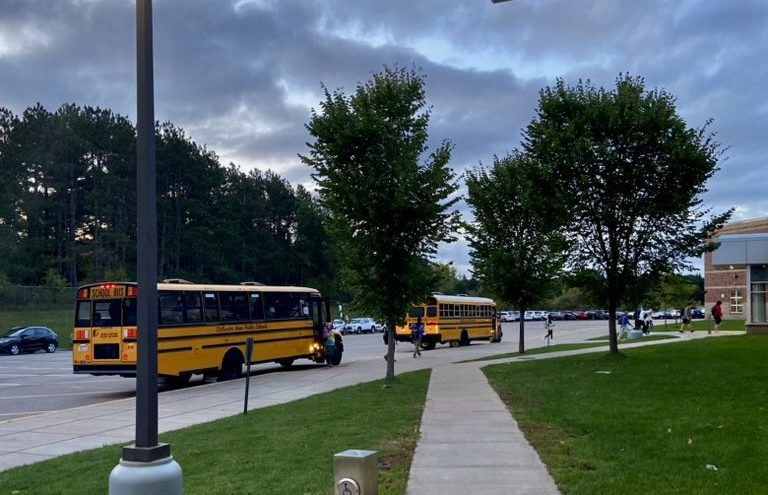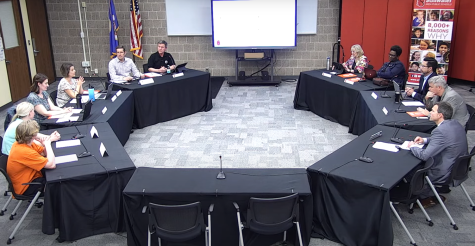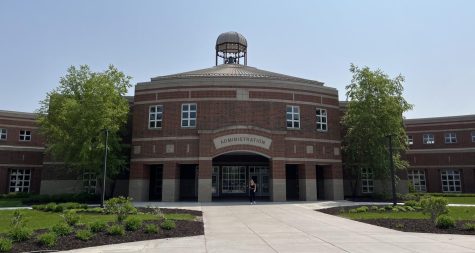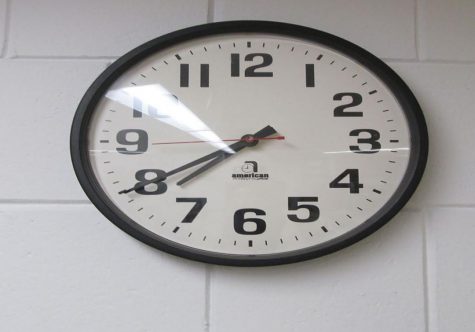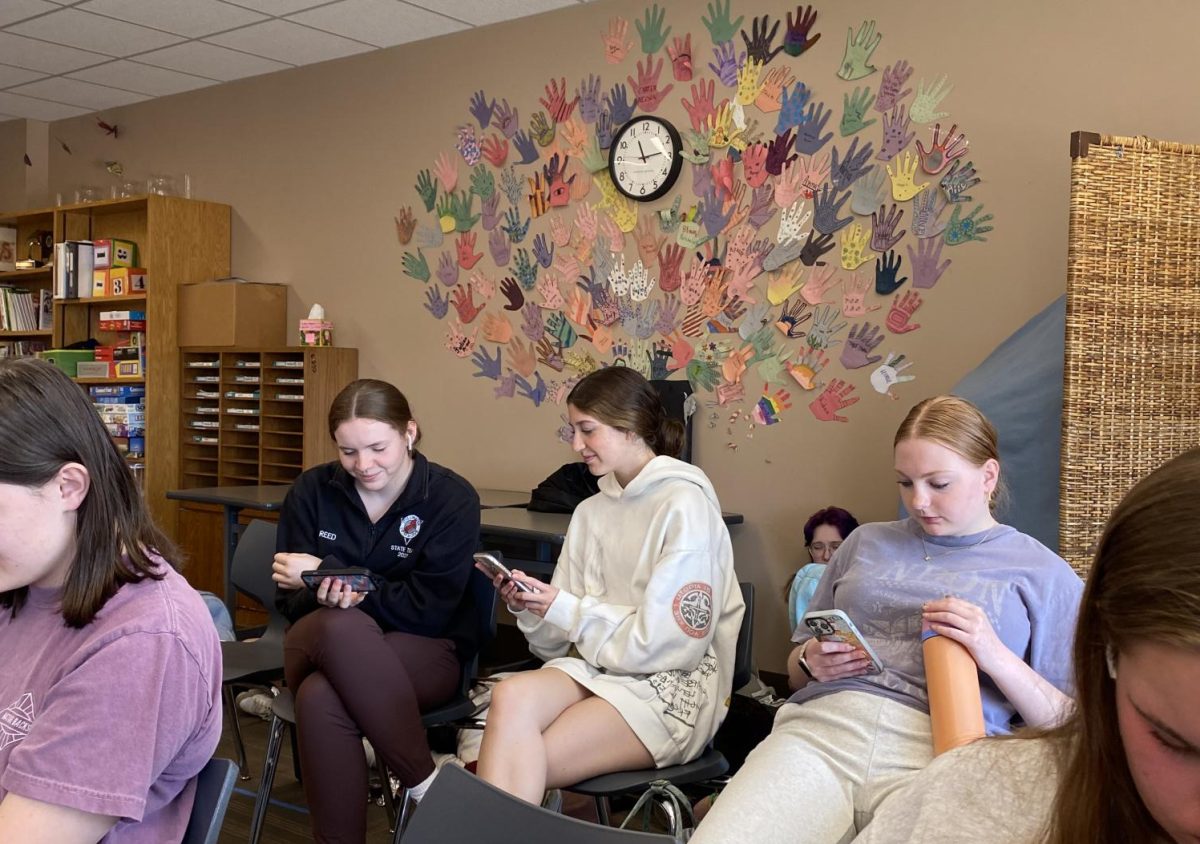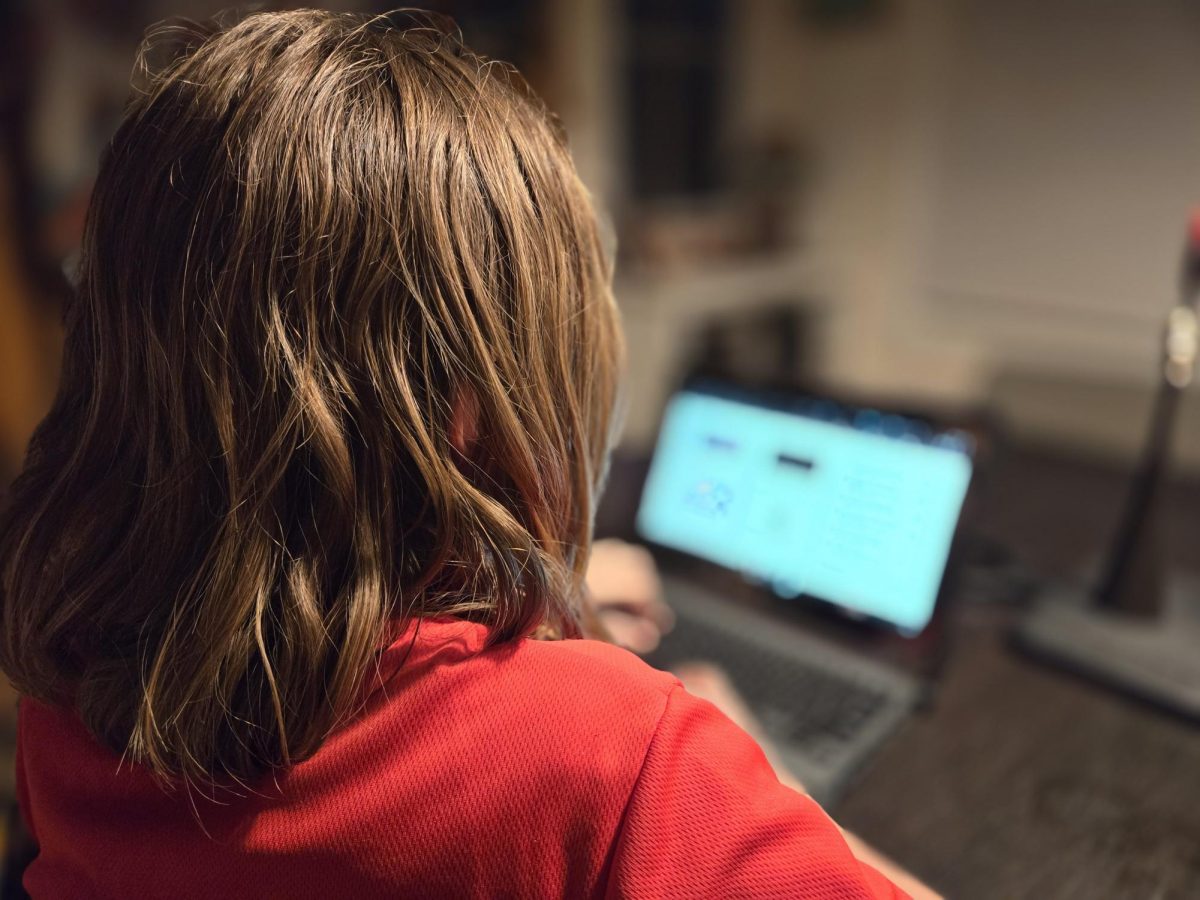Schools are constantly changing. We adapt to new situations and circumstances and our schools reflect that. Administrators are considering adapting our school’s start times to fit teenager’s sleep needs by flipping the schedules of elementary and secondary schools.
Currently, the elementary schools start around 8:40 a.m., and the high school and middle schools start at 7:40 a.m. and 7:50 a.m. respectively. With this change, the high schoolers would be let out an hour later than they do now, affecting the bulk of people in the district in their athletics, academics, jobs and most importantly their sleep and mental health.
Research on later start times shows that students benefit from beginning later in the day, but would only make students push their schedules later, not change them.
Teenagers spend a lot of time sleeping. Teens will always want more time to sleep, but will not take new action to change their behaviors.
School Psychologist Jennifer Kern explained how teenagers stay up later and sleep in more due to their bodies releasing the sleep chemicals found in the brain (like Melatonin).
“Sometimes the [current] schedule is fighting against what’s natural to the teenage brain,” Kern added.
But if everything was based on what was natural to the teenager’s brain, there would not be a school system at all.
Sleep does have a large influence on how some students perform during the day, but the key word there is “some”.
“Good students are always going to be good students,” Athletic Director Ricky Michel said.
No matter what time a student wakes up or gets to school, their school performance will always be grounded by their own actions, not solely based on the amount of sleep they get the night before.
“Students who struggle, they’re going to struggle…Some may do better, and some will not,” Michel added.
Junior Bodie Sheffer explained how changing these times would affect AP (Advanced Placement) students, most of whom are in a sport or another AP advanced course, leaving their time to complete homework delayed even more than at the moment, especially for student-athletes who train for long hours every day.
A late start means a late end time as well (potentially at around 3:10 p.m. for the high school if we started at 8:40 a.m. instead), causing all after school sports and activities to be moved back by an hour.
“I get up at 7 a.m. And then I go to [swim] practice and I get home at 6 p.m. so it is already an 11-hour day,” Sheffer explained his opinion on the later times as a student-athlete.
The Centers for Disease Control (CDC) recommends that teens ideally get eight to 10 hours of sleep for “good health”. Say a student-athlete gets home from practice at 6 p.m. after they take a shower and eat dinner it is around 8 a.m., but they still have their homework to do. In each class, they have anywhere from 10 minutes of homework to 60 minutes, but most have around 30 minutes. Multiply that by six classes every night and now it is 11 p.m. at night and they have to be up at 7 a.m. the next morning to get to school by 8:30 a.m. That is barely eight hours of sleep. That is assuming they only have 30 minutes of homework for some of their classes and are not in any advanced classes.
While having a later start time could positively impact academics, some downsides exist for students who work outside of school to earn money for college or to support their families. If start times are moved an hour later, students could possibly lose up to five hours of work each work week. If an average student earns $12-$15 per hour, that is a loss of $60-$75 per month.
“I think it’ll just allow people to probably have an excuse to stay out a little later to work a little bit longer at night with their jobs and those kinds of things,” Michel said.
There are always students whose families rely on the income they earn from after-school jobs whether that be babysitting or retail. These jobs could fund potential colleges in the future. If not for further education, they could need the money for necessities, like food, electricity, clothing, bills, gas, etc. That $60 per month could greatly impact a family’s budget and livelihood.
From experience attending school in this district for almost 11 school years, if the administrators institute these times, students will only stay up later and not try and use the extra hour for its intended use.
If young people would actually go to bed at a reasonable hour, then it could work, but the fact is, that’s not going to happen. — Ricky Michel
Majorly pushing the start time seems like a good idea in theory, but its effects go deeper than most people’s surface-level opinion. When discussing the topic with peers, most seemed in support of getting a little bit more shut-eye, but further into conversations, they really started to think about the things in their lives that would be impacted by this change.
Instead of trying to adapt the same schedule to fit ever-changing developing minds, the system should be examined on how to adapt to best-fit individuals, instead of half-fitting the mass majority.


